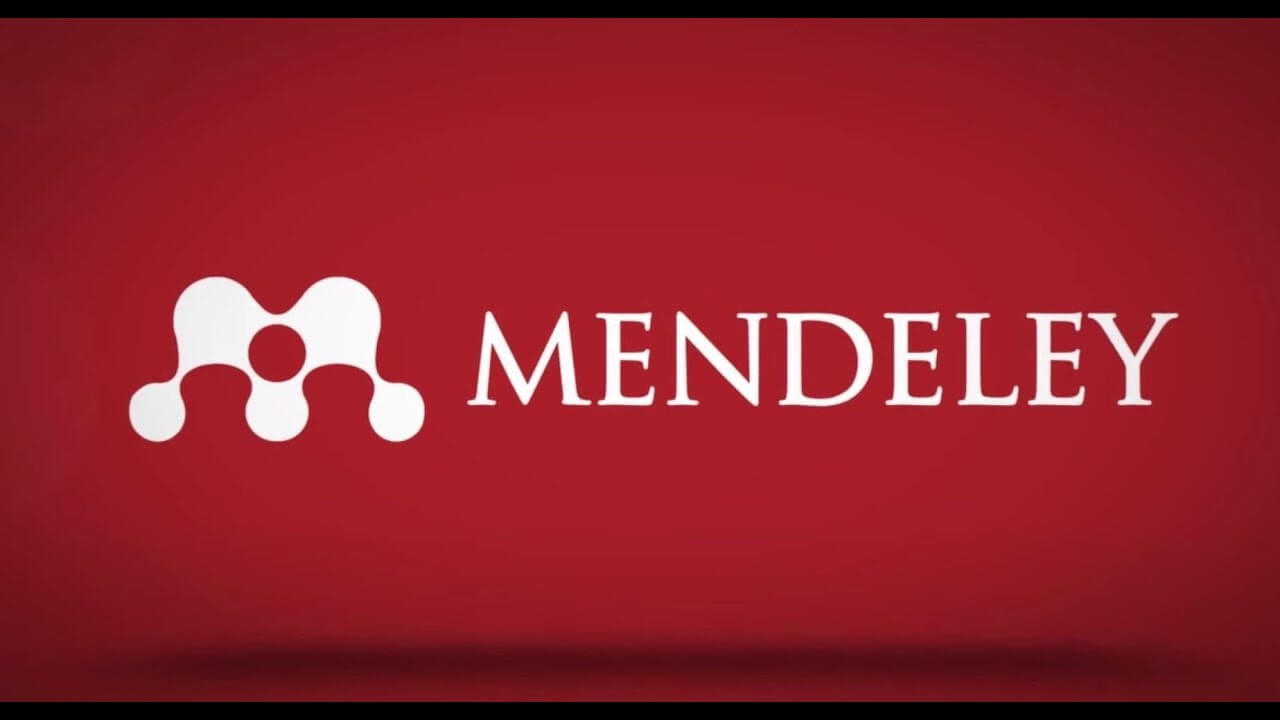The The Application Of The Kano Model In Enhancing Digital Learning Satisfaction: A Total Quality Management Perspective
Abstract
The transformation of digital learning demands a quality approach that is contextual and student-centered. This article explores the integration of the Kano Model and Total Quality Management (TQM) as a strategic framework for improving the quality of digital learning based on student satisfaction. The Kano Model is employed to classify learning attributes into must-be, one-dimensional, and attractive categories, based on students’ perceptions of various digital learning features. Meanwhile, TQM provides a systemic structure for continuous improvement and stakeholder involvement in quality enhancement processes. This study uses a descriptive qualitative approach, with data collected through Kano-based questionnaires, interviews, and documentation. The results indicate that the Kano Model, when applied in digital learning, enables educators and administrators to classify learning service attributes based on their influence on learner satisfaction, ranging from must-be to one-dimensional to attractive qualities. Meanwhile, TQM provides a comprehensive management foundation that emphasizes continuous improvement, data-driven decision-making, and stakeholder engagement. The combination of both models contributes to building an adaptive, responsive, and learner-centered digital education environment. This integration not only enhances satisfaction but also strengthens institutional competitiveness and quality assurance in the era of digital transformation.
References
Arafat, M. (2024). Enhancing Learning Management Systems (LMS) Through Kano Analysis. Acta Prosperitatis, 15(1), 17–28. https://doi.org/10.2478/acpro-2024-0002
Aslamiah, A., Abbas, E. W., & Mutiani, M. (2021). 21st-Century Skills and Social Studies Education. The Innovation of Social Studies Journal, 2(2), 82. https://doi.org/10.20527/iis.v2i2.3066
Chen, C. K., Reyes, L., Dahlgaard, J., & Dahlgaard-Park, S. M. (2022). From quality control to TQM, service quality and service sciences: a 30-year review of TQM literature. International Journal of Quality and Service Sciences, 14(2), 217–237. https://doi.org/10.1108/IJQSS-09-2021-0128
Chen, J., U, M. C., Tomei, L. A., & U, R. M. (n.d.). Igi global proof.
Chen, L. S., & Hsu, J. Y. (2019). Discover Users’ Needs in e-Learning by Kano Analysis and Decision Trees. 2019 IEEE 6th International Conference on Industrial Engineering and Applications, ICIEA 2019, 572–576. https://doi.org/10.1109/IEA.2019.8714873
Darmawan, D., & Grenier, E. (2021). Competitive Advantage and Service Marketing Mix. Journal of Social Science Studies (JOS3), 1(2), 75–80. https://doi.org/10.56348/jos3.v1i2.9
Diana, Z., & Faslah, R. (2025). Strategi Peningkatan Mutu Pendidikan melalui Penerapan Total Quality Management (TQM) di Era Transformasi Digital. Jurnal Simki Pedagogia, 8(2), 549–561.
Edition, F. (n.d.). MARKETING.
Ghogare, S. D., Jadhav, S. P., Chadha, A. R., & Patil, H. C. (2015). International Journal of Scientific and Research Publications April 2015 Edition. 5(4), 340–344.
Handayani, E. F., & Wiyata, M. T. (2020). Evaluasi Kepuasan Pengguna E-Learning Pada Proses Pembelajaran Daring Di Institut Manajemen Wiyata Indonesia. Arika, 14(2), 75–82. https://doi.org/10.30598/arika.2020.14.2.75
Harrington, H. J. (2020). Kano Model. Techniques and Sample Outputs That Drive Business Excellence, 15(2), 146–149. https://doi.org/10.1201/b18008-27
Indadihayati, W., & Hariyanto, V. L. (2023). Tinjauan Literatur Tentang Penerapan Prinsip Total Quality Management Dalam Pendidikan Vokasi: Tantangan Dan Peluang. Satya Sastraharing: Jurnal Manajemen, 7(1), 1–20.
Industri, D. T., Teknik, F., Diponegoro, U., & Kano, M. (2018). LAYANAN LEMBAGA PENDIDIKAN DENGAN METODE IMPORTANCE PERFORMANCE ANALYSIS & MODEL KANO Muh Kevin Mudzaki Ridhollah , Ratna Purwaningsih.
Karimah, U., Arifin, R. S., Mutiara, D., & Irfan, A. (2023). The Implementation of Total Quality Management in the Post-Pandemic Instructional Development: A Case Study at SMA Muhammadiyah 25 Tangerang Selatan. Atlantis Press SARL. https://doi.org/10.2991/978-2-38476-078-7_19
Lan, L., Shaharudin, M. S. Bin, Saleh, Z., & Jingchi, Z. (2024). Research progress and prospects on operational excellence of higher education supply chain in post-pandemic era. Global Business and Management Research, 16(4s), 1515–1531.
Nawawi, M. A., & La’alang, A. (2020). Urgensi Peningkatan Mutu Dengan Menggunakan Total Quality Manajemen (TQM) Dalam Pendidikan Islam di Era Millenial. Andragogi: Jurnal Pendidikan Islam Dan Manajemen Pendidikan Islam, 2(2), 188–204.
Ningsih, S. (2020). Persepsi Mahasiswa Terhadap Pembelajaran Daring Pada Masa Pandemi Covid-19. JINOTEP (Jurnal Inovasi Dan Teknologi Pembelajaran): Kajian Dan Riset Dalam Teknologi Pembelajaran, 7(2), 124–132. https://doi.org/10.17977/um031v7i22020p124
Pranata, E., Sutoyo, M. A. H., Veronica, S., Natalie, S., Wijaya, T. V., & Mahendra, V. (2024). Analysis Of User Satisfaction On Edmodo And E-Learning In Higher Education Student Using Kano Method. Media Journal of General Computer Science, 1(1), 20–28.
Sallis, E. (2014). Total quality management in education. Routledge.
Suriansyah, A. (2017). Implementation of The Total Quality Management Model to Support Quality of Work Cultures at Primary School Teacher Education Pro-grams in Lambung Mangkurat University Indonesia. Australian Journal of Basic and Applied Sciences, 11(9), 179–186. http://creativecommons.org/licenses/by/4.0/
Susanto, T. T. D., Julia, A. N., & Salsabila, J. F. (2024). Literature Review: Tantangan dan Implementasi Total Quality Management (TQM) dalam Institusi Pendidikan. Didaktika: Jurnal Kependidikan, 13(001 Des), 1405–1418.
Theresiawati, Seta, H. B., & Arista, A. (2023). Implementing quality function deployment using service quality and Kano model to the quality of e-learning. International Journal of Evaluation and Research in Education, 12(3), 1560–1571. https://doi.org/10.11591/ijere.v12i3.25511
Unesco. (2020). Education in a post-COVID world: Nine ideas for public action. International Commission on the Futures of Education.
Wulogening, H. I., & Timan, A. (2020). Implementasi Total Quality Management (TQM) dalam sistem manajemen perencanaan kepala sekolah. Jurnal Akuntabilitas Manajemen Pendidikan, 8(2), 137–146.
Copyright (c) 2025 IJGIE (International Journal of Graduate of Islamic Education)

This work is licensed under a Creative Commons Attribution-ShareAlike 4.0 International License.


















